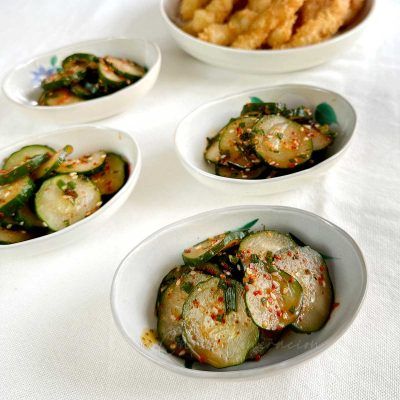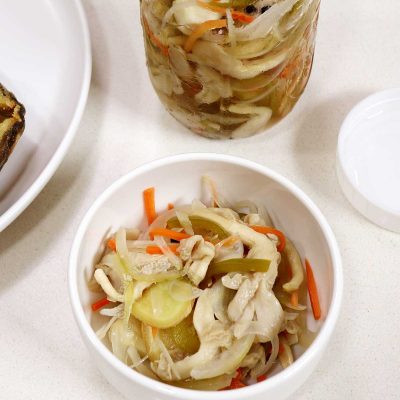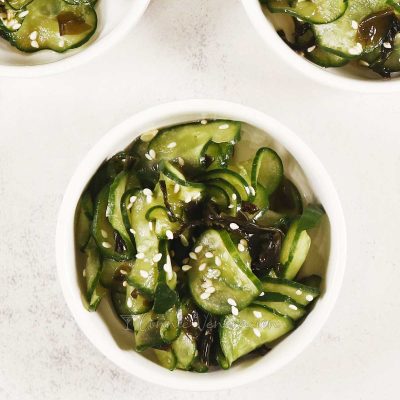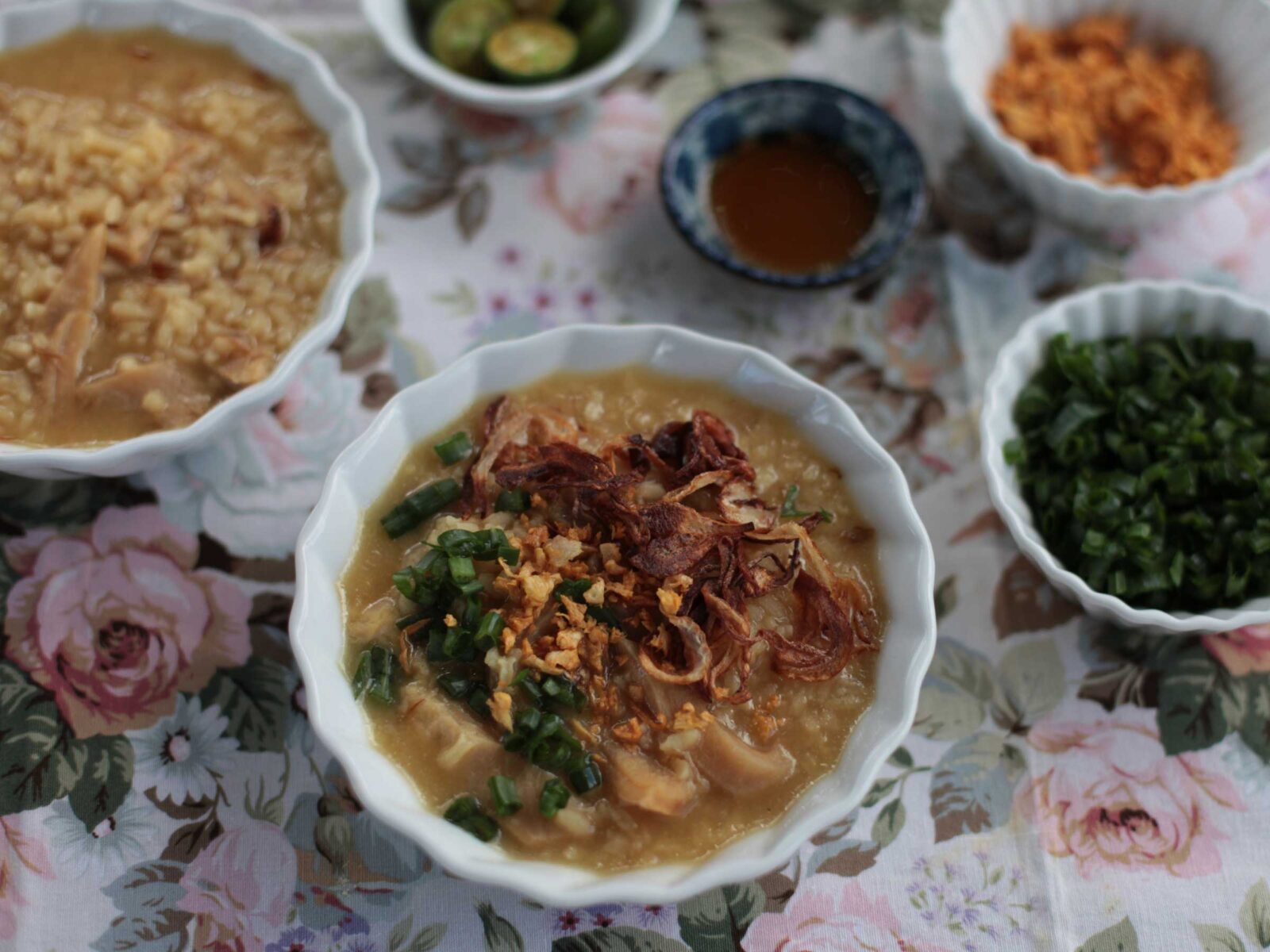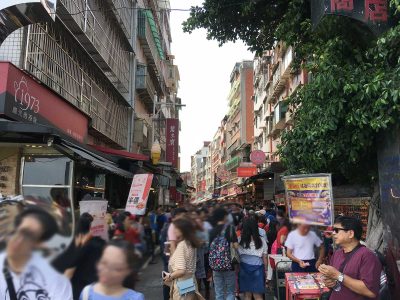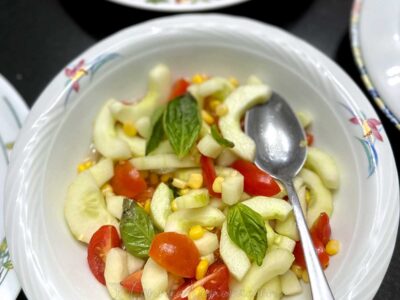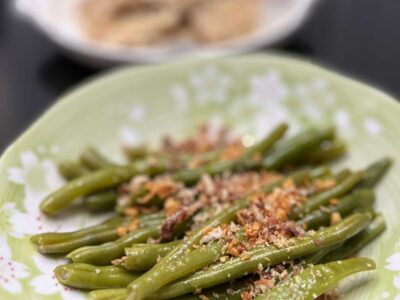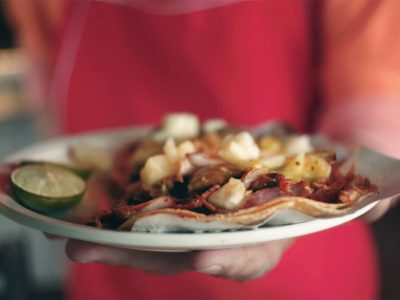A funny thing happened after I unearthed photos of jars of pickled vegetables in my hard drive. I used to prep and keep them in the fridge for quick accompaniments to whatever meaty main dish we were having. Then, the Mason jar caps rusted and I lost my momentum.
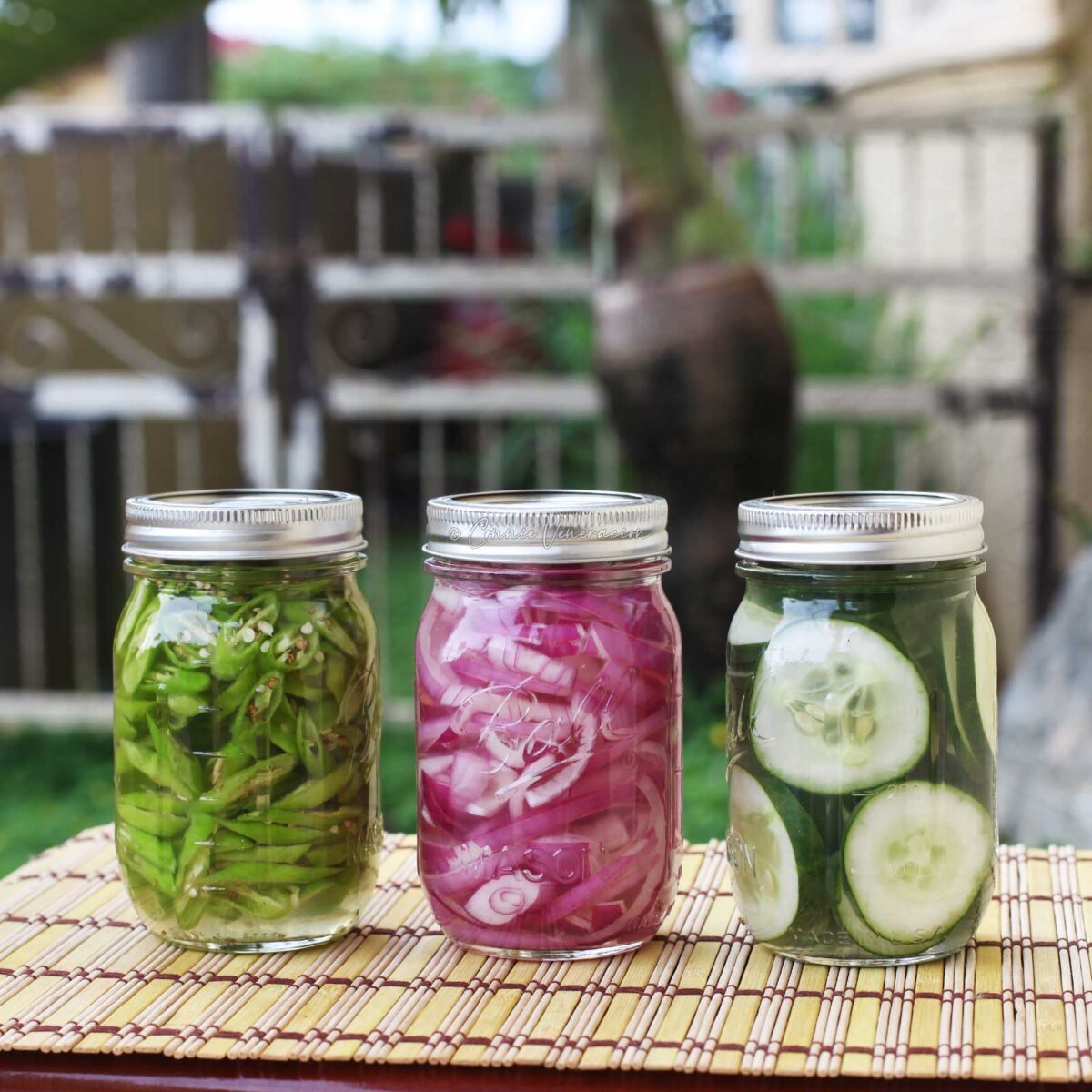
Still, the photos having resurfaced, I wanted to use them in some meaningful way so I thought I’d list a few pickled vegetable dishes and recommend them as make ahead side dishes for the holiday parties that you’re all going to be busy with.
And then, a light bulb moment. I wondered if pickled vegetables belong on the Thanksgiving table. Perhaps, the pickle photos could jumpstart not only a meaningful post but a seasonally relevant one as well. So, I did a little digging, and…
Pickled vegetables were present in the earliest Thanksgiving dinners, apparently. Or most likely were. Explorers and pilgrims alike endured long sea voyages to reach what would later be called America. And there was no way to preserve food on those voyages except to cure them. Meat and fish were salted and dried; vegetables were pickled. Both methods of food preservation were brought over and practiced in the New World.
The United States of America was named after a pickle merchant — the Italian Amerigo Vespucci. Until he himself became an explorer, he was a ship chandler who supplied pickled food, among others things, to sailors as early as the days of Christopher Columbus.
All that reading about pickles on the Thanksgiving table led me to more articles including a scanned copy of a newspaper published in 1898 that mentioned the first celebration of the American holiday in the Philippines. I’ll get to that but, first, before I leave the topic of pickles, let me just share links to recipes of easy pickled and pickle-like vegetables that you might want to serve on Thanksgiving, Christmas or even when there is no holiday to celebrate.
Now, about that once upon a time when Thanksgiving was celebrated in the Philippines. You’ll find the newspaper clipping I mentioned earlier via this link. Scroll to the right then down a bit until you see a small article entitled “Thanksgiving in Philippines”. Note that the article was published in December 30, 1898 — just 20 days after the Treaty of Paris was signed and Spain ceded the Philippines (along with Cuba, Puerto Rico and Guam) to the United States for a measly sum of $20M.
It wasn’t a one-time thing — that first Thanksgiving that was attended mostly by American military officers and the British consul. It appears that from 1901 until 1935, Governor-Generals proclaimed Thanksgiving as a national holiday in the Philippines. Same date as American Thanksgiving. Fourth Thursday of November.
When the Commonwealth of the Philippines was established in 1935, President Manuel L. Quezon continued to decree the American Thanksgiving Day as a National Holiday. This public practice continued until the outbreak of World War II.
[Source]
I was surprised, really. My grandparents had three children by 1935 (my father, the youngest, was born in 1935) and they were in the cured meat business (ham and other deli). If Thanksgiving was widely observed in the Philippines, they would have been in the thick of it. And I would have heard stories. My brother and I grew up next door to our grandparents, we spent almost as much time in their house as we did in ours, and our grandmother never tired of telling us tales of yesteryears — from the American colonial period to the Japanese occupation to the American liberation at the end of World War II. Not once was Thanksgiving mentioned. NOT ONCE. Neither have I heard anything about Thanksgiving in the Philippines from other older relatives.
So, I wonder which Filipinos celebrated Thanksgiving back then. I come from a middle class family and no one’s ever mentioned Thanksgiving. Was it just the ultra rich that partied with the American colonial officers and settlers who celebrated Thanksgiving? Did they celebrate Thanksgiving in their own houses — as testament to their willingness to adapt to the culture of their new colonial masters — or did they just mingle at Thanksgiving parties thrown by white people?
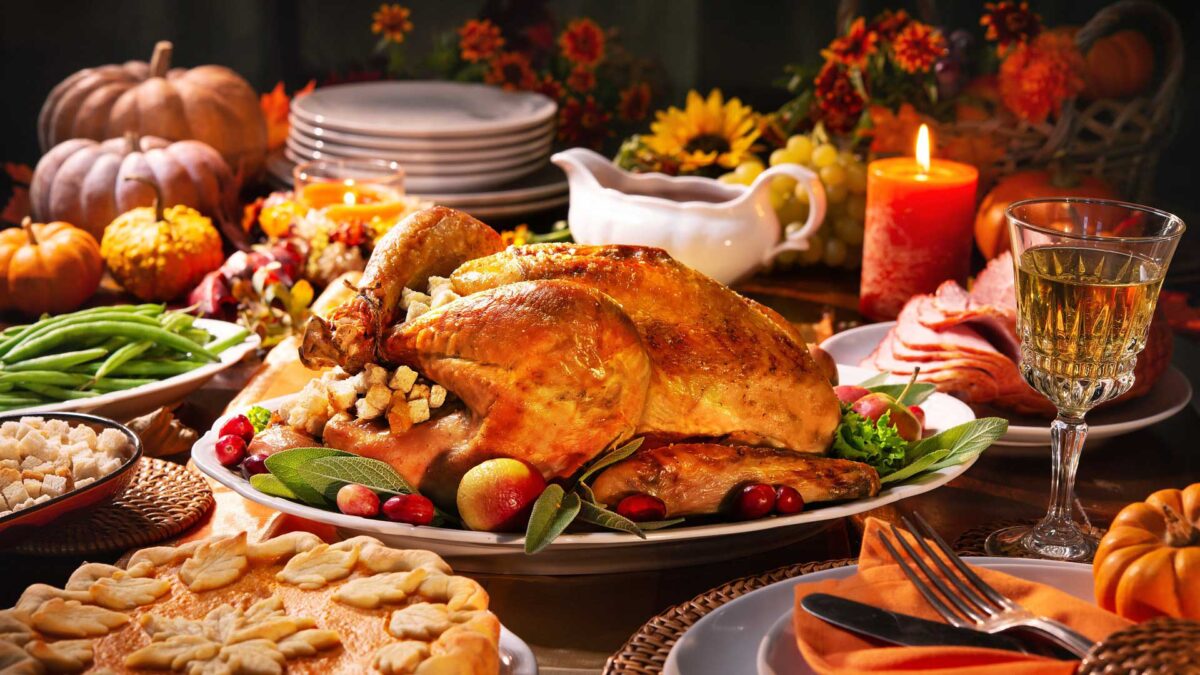
In whatever way Thanksgiving was celebrated during the American colonial and the Commonwealth periods, it came to a stop when the Japanese invaded. Not surprising.
What’s surprising was that “After the Second World War, the Thanksgiving Day tradition was continued as a special public holiday, declared for the years 1944 to 1965 by Presidents Osmeña to Marcos.” That’s from the same linked quote above. But, really? My parents were lawyers with a toddler and an infant by 1965. If Thanksgiving had been part of their lives, we would have heard later when we were old enough to appreciate holidays. We heard nothing.
Neither has my husband heard about Thanksgiving in the Philippines from his own parents. And his parents, just as middle class but a decade or so older than mine, were more American in their ways — their food at home, their colognes and their Hollywoodsy looks. Seriously. From the photos I’ve seen, my late mother-in-law could have given 1950s film actresses a run for their money. I’ve listened to her rather nostalgic recollection of weddings, christenings, and Christmas and New Year parties from long ago. But Thanksgiving? Zero.
The thing is, a government-declared holiday with no cultural roots never really become part of the national psyche. Thanksgiving is American and colonization did not make us Americans. So, as the linked article above says, although “Thanksgiving Day tradition was continued as a special public holiday, declared for the years 1944 to 1965 by Presidents Osmeña to Marcos”, after 1965, it was headed into oblivion.
But the president had an idea. In September 21, 1972, Ferdinand Marcos issued Proclamation No. 1081 placing the country under Martial Law. Thanksgiving was moved to the same date.
I’m a Martial Law baby. From the time I was in pre-school all the way to college, Marcos was president. I was already in law school when he fled following the 1986 EDSA Revolution.
If Filipinos truly observed September 21 as National Thanksgiving Day in any meaningful way, I would have known about it. I was old enough to remember any Thanksgiving celebration or mention of it. But, growing up, September 21 felt more like a day of nothing. Nothing Day because it was the day Marcos took everything from the Filipinos.
Do I want a return of Thanksgiving Day in the Philippines? So long as it is free from colonial mentality, partisan politics, religion, regionalism and crass commercialism. And definitely not on the fourth Thursday of November nor on the 21st of September. No traditional menu — we all eat as we please. I’d much prefer that over Christmas.

